Council of Endowed Chairs
About the Council of Endowed Chairs
The Council of Endowed Chairs (CEC) seeks to promote and advance recognition of Monmouth University as a center for excellence in teaching and research through heightened commitments to the scholarship of presentation, publication, and public engagement. Its members hope to serve as resources for other scholars at Monmouth, both students and faculty, as well as provide expertise to regional and national audiences. The ideal of interdisciplinary collaboration guides the activities of the Council of Endowed Chairs. Members of the Council represent and work across diverse majors and Schools in order to undertake the scholarship of discovery and the creation of new knowledge as they seek to strengthen communities of learners.
Founded in Fall 2018, the CEC highlights the work of its members through on-campus lectures, talks, and workshops scheduled at least once a semester. The founding Chair of the Council of Endowed Chairs Dr. Kristin Bluemel welcomes all inquiries at kbluemel@monmouth.edu.
Recent Works by Council Members
Higher Education and Disaster Capitalism in the Age of COVID-19
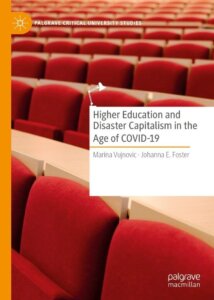
By Johanna E. Foster and Marina Vujnovic
This book, part of the Palgrave Critical University Studies series, reveals the layered effects of the corporatization of higher education, situated within the phenomenon of disaster capitalism. Foster and Vujnovic argue that higher education administrators have seized on the Covid-19 pandemic as an opportunity to advance a corporate higher education agenda consistent with the principles of disaster capitalism. This crisis deeply impacts what and how students in the United States learn, who gets to learn, and the very mission of the academy. In thirteen chapters, they also address neoliberalism as a policy statement that has reshaped and continues to shape higher education in the United States and in much of Western societies.
Rural Modernity in Britain: A Critical Intervention
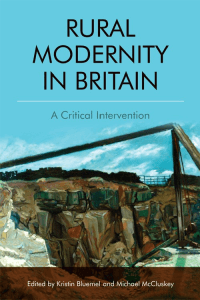
Edited by Kristin Bluemel and Michael McCluskey
Rural Modernity in Britain argues that the rural areas of Britain were impacted by modernisation just as much – if not more – than urban and suburban areas. It is the first study of modernity and modernism to focus on rural people and places that experienced economic depression, the expansion of transportation and communication networks, the roll out of electricity, the loss of land, and the erosion of local identities. Who celebrated these changes? Who resisted them? Who documented them? Essays in this collection investigate five main cultural areas: Networks, Landscapes, Communities, Heritage, and Wars. Together they make the case that the rural means more than just the often-studied countryside of southern England, a retreat from the consequences of modernity; rather, the rural emerges as a source for new versions of the modern, with an active role in the formation and development of British experiences and representations of modernity.
Women at the Wheel: A Century of Buying, Driving, and Fixing Cars

By Katherine J. Parkin
Ever since the Ford Model T became a vehicle for the masses, the automobile has served as a symbol of masculinity. The freedom of the open road, the muscle car’s horsepower, the technical know-how for tinkering: all of these experiences have largely been understood from the perspective of the male driver. Women, in contrast, were relegated to the passenger seat and have been the target of stereotypes that portray them as uninterested in automobiles and, more perniciously, as poor drivers. In Women at the Wheel, Katherine J. Parkin illuminates the social implications of these stereotypes and shows how they have little basis in historical reality.
Council Membership

Jason Adolf, Ph.D.
Professor;
Endowed Associate Professor of Marine Science
Email: jadolf@monmouth.edu
Phone: 732-263-5687
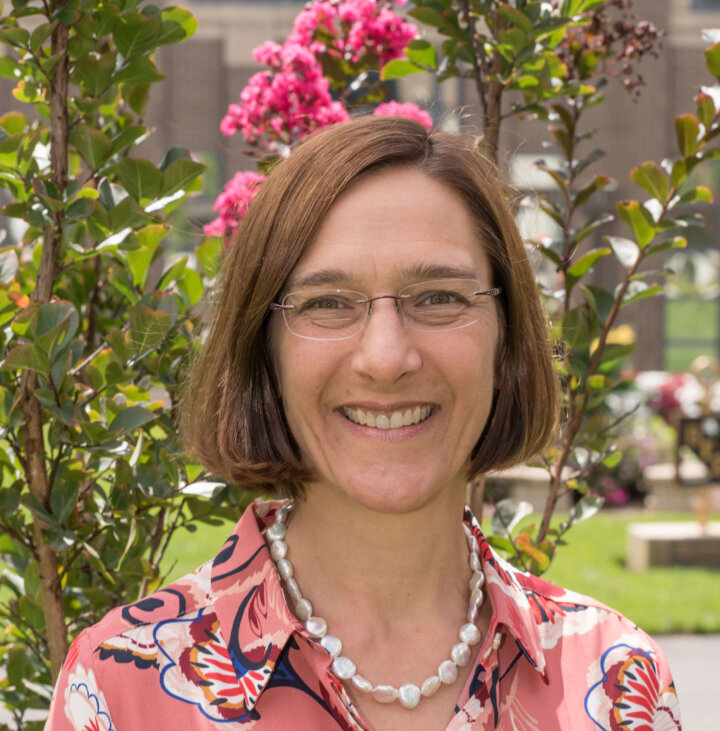
Kristin Bluemel, Ph.D.
Interim Associate Dean of the School of Humanities and Social Sciences;
Professor of English;
Wayne D. McMurray and Helen Bennett Endowed Chair in the Humanities;
Graduate Faculty
Email: kbluemel@monmouth.edu
Phone: 732-571-3622
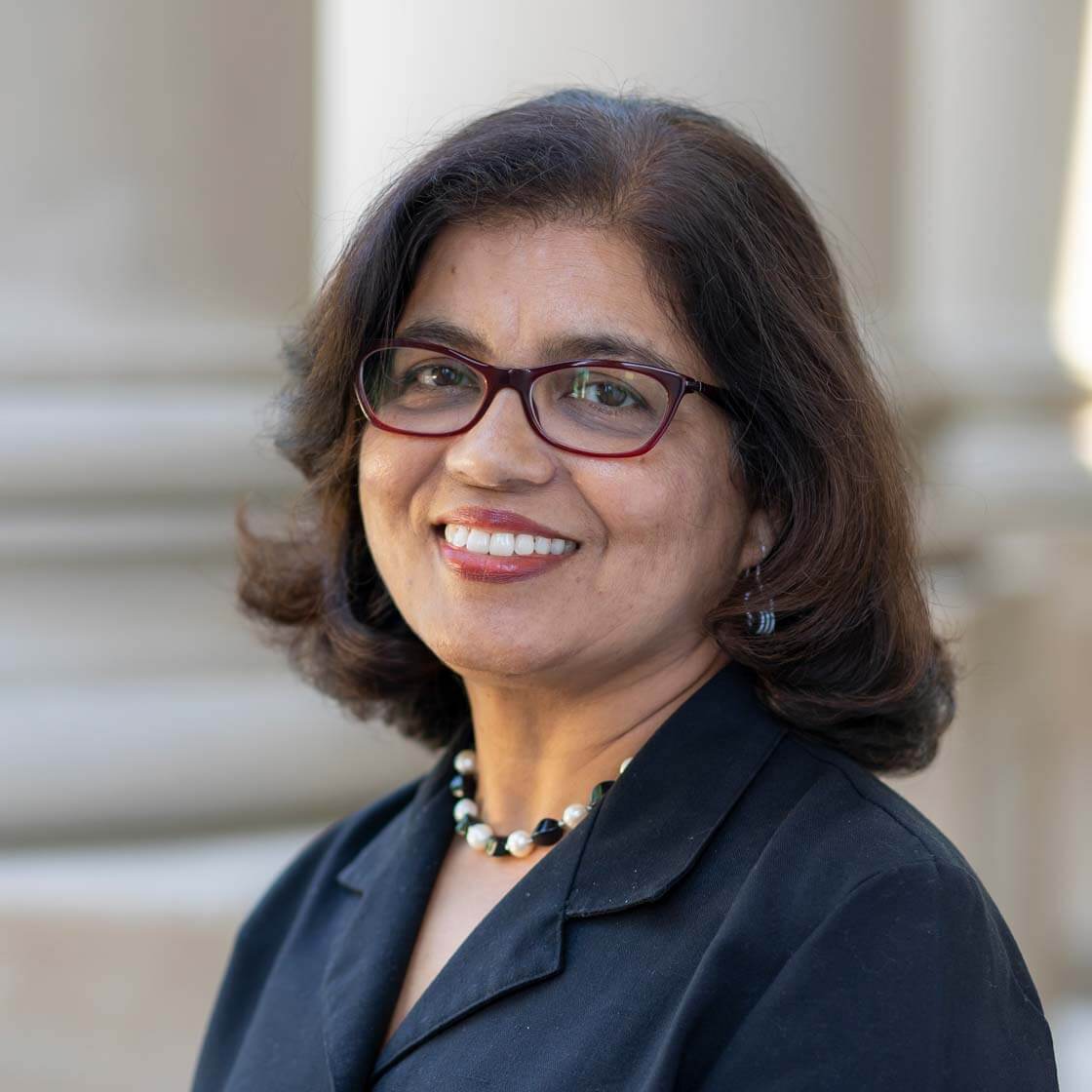
Rekha Datta, Ph.D.
Professor;
Freed Endowed Chair in Social Sciences
Email: rdatta@monmouth.edu
Phone: 732-571-4438
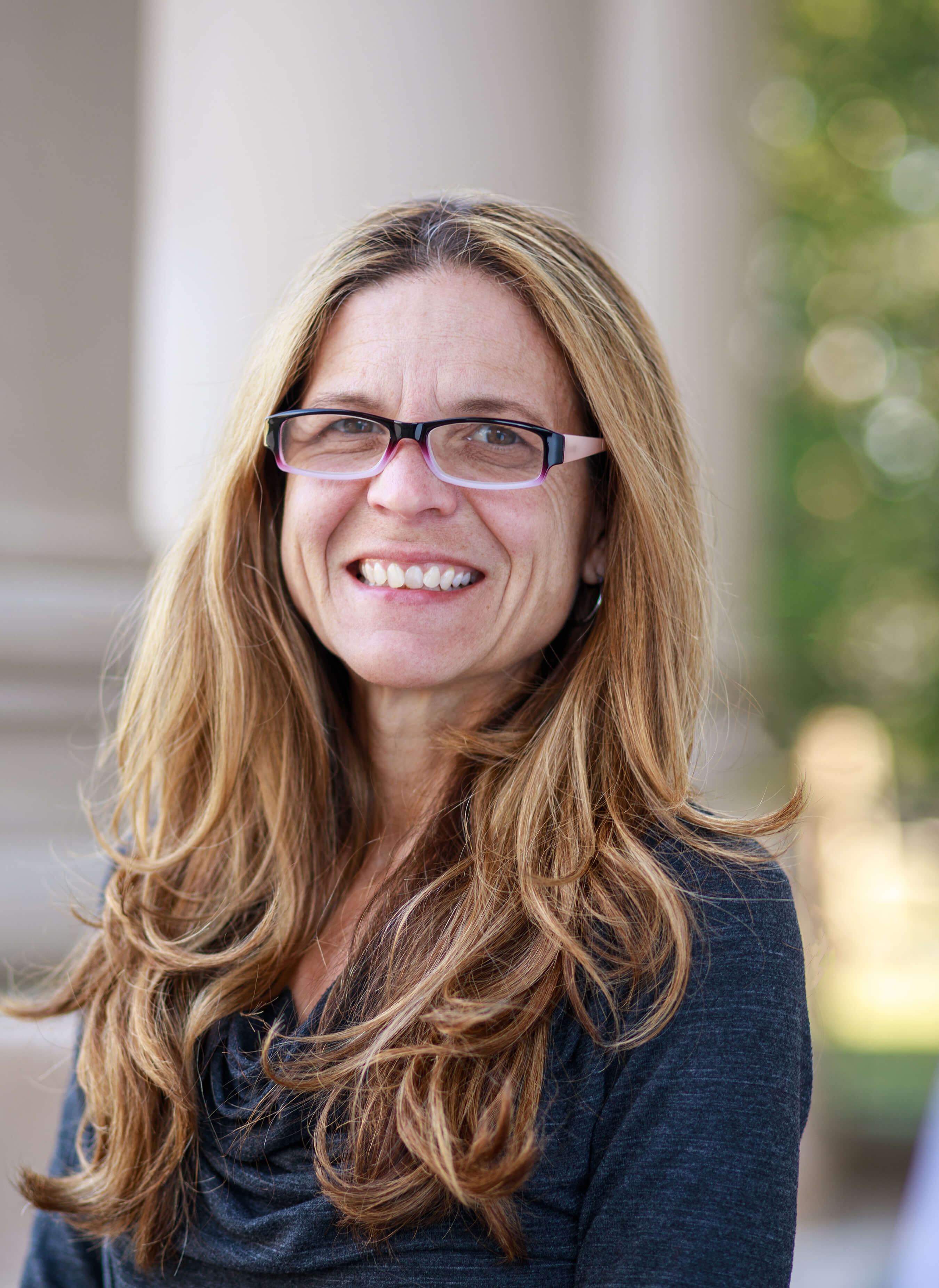
Johanna E. Foster, Ph.D.
Associate Professor;
Director, Sociology Program;
Helen Bennett McMurray Endowed Chair in Social Ethics
Email: jfoster@monmouth.edu
Phone: 732-263-5440
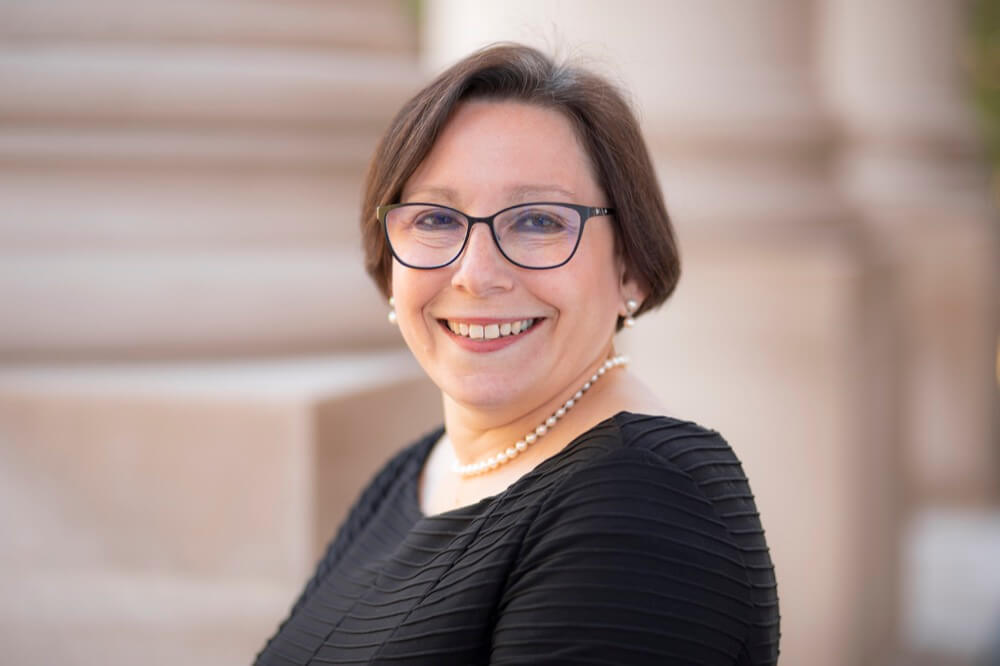
Sherry A. Greenberg, Ph.D., RN, GNP-BC, FGSA, FNAP, AGSF, FAANP, FAAN
Professor;
Hess Endowed Chair in Nursing Education;
Graduate Faculty
Email: sgreenbe@monmouth.edu
Phone: 732-923-4674
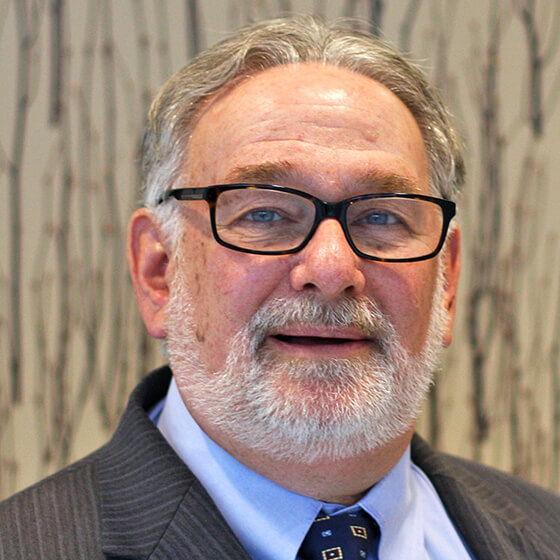
Donald M. Moliver, Ph.D.
Professor;
Pozycki Professor of Real Estate at Monmouth University
Email: dmoliver@monmouth.edu
Phone: 732-571-3422
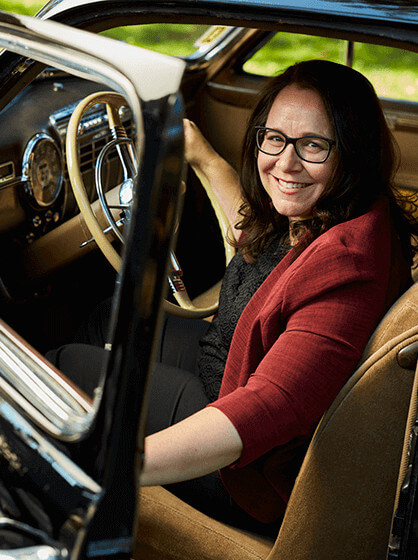
Katherine Parkin, Ph.D.
Professor;
Jules Plangere, Jr., Endowed Chair in American Social History
Email: kparkin@monmouth.edu
Phone: 732-571-4492
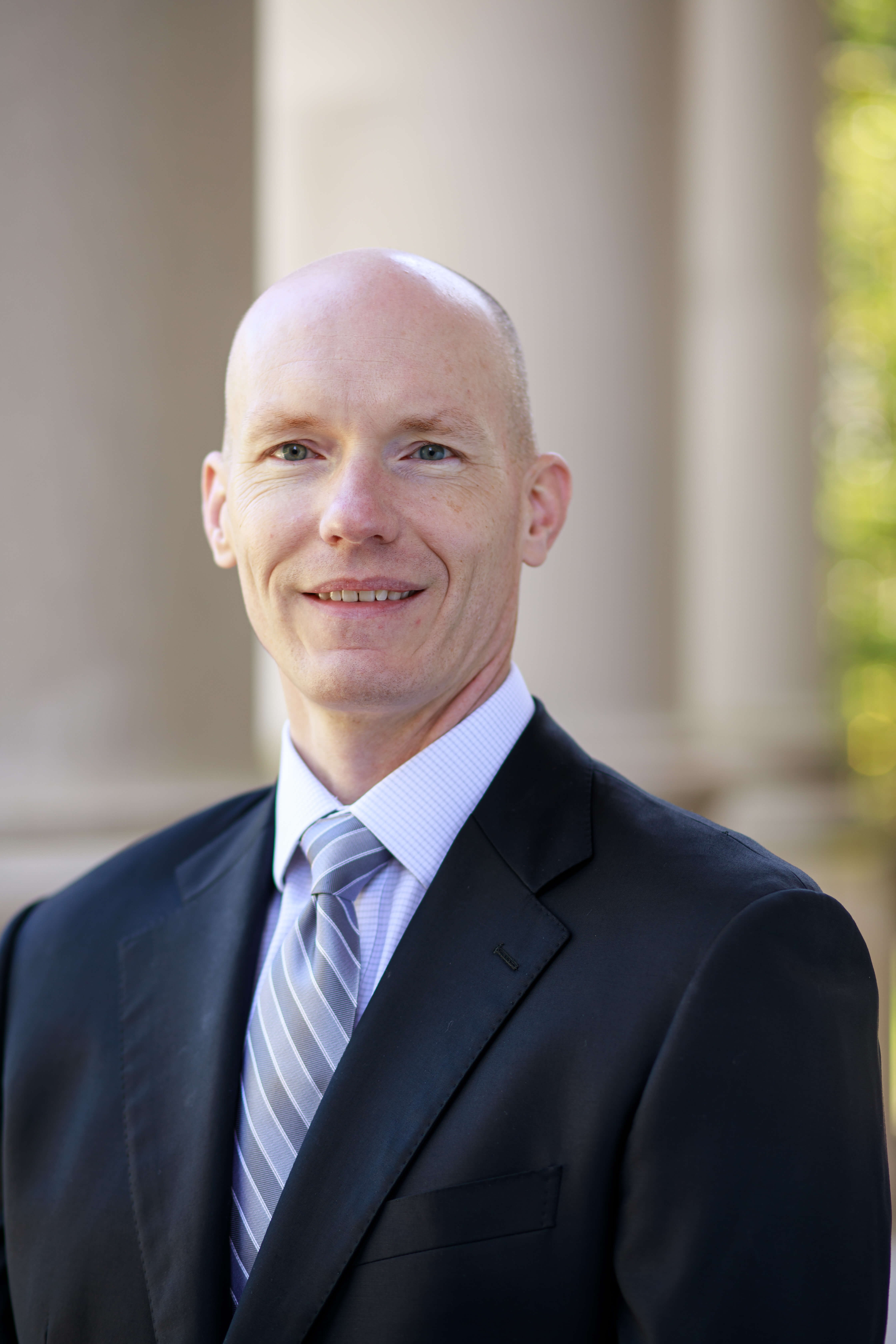
Robert H. Scott III, Ph.D.
Professor;
Arthur and Dorothy Greenbaum/Robert Ferguson/NJAR Endowed Chair in Real Estate Policy
Email: rscott@monmouth.edu
Phone: 732-263-5532



